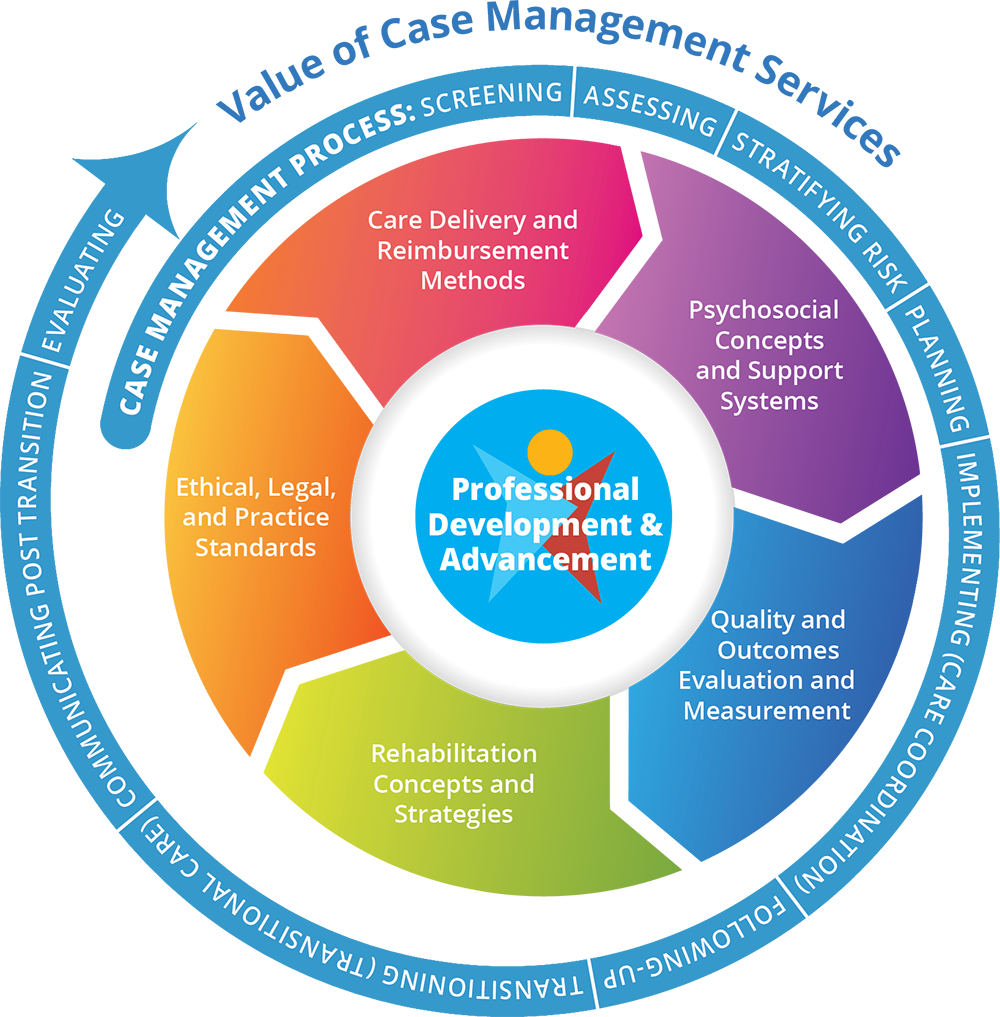Although the CCMC Code of Professional Conduct is written primarily for board-certified case managers (CCMs) and the Commission addresses complaints of ethical violations concerning CCMs only, the standards described in the Code are of great value to all case managers regardless of certification status.
What then may serve as your pole star when you are confronted by an ethically challenging situation? As you have gleaned from the above descriptions of ethical standards and commentaries, you ensure ethical practice when you behave as described in the following exhibit.
Meeting Expectations of Ethical Case Management Practice
| Sample Ethical Behaviors for the Case Manager |
|---|
|
|
|
|
|
|
|
|
|
|
|
Above all, you must empower your clients. And the principal client is usually not the employer, but the recipient of case management services such as the injured worker who needs special services and skills.
 The majority of a case manager’s training has been dedicated to assisting individuals to achieve a greater degree of independence and autonomy, despite their health and medical problems, ailments, and maladies.
The majority of a case manager’s training has been dedicated to assisting individuals to achieve a greater degree of independence and autonomy, despite their health and medical problems, ailments, and maladies.
If you primarily work for employer or payor groups rather than healthcare provider systems, you will almost certainly encounter the challenge of balancing your employers’ interest in conserving costs with ensuring that your clients receive what they deserve or are entitled to.
 Although the ethical standards described in this section do not mention the phenomenon of moral courage, the ethical case manager might occasionally need it, when expectations, assumptions, and opinions conflict.
Although the ethical standards described in this section do not mention the phenomenon of moral courage, the ethical case manager might occasionally need it, when expectations, assumptions, and opinions conflict.
While you as case manager maintain an unwavering client-centeredness, you also are in a position to ensure an ethical course that is the pride of the profession. To the extent that you feel pressure to deviate from the standards, you may do a profound disservice to the profession if your behaviors contradict the ethical and professional vision that originally determined your career choice.
It is to be hoped that you find yourself in a work environment that supports the CCMC Code of Professional Conduct and its standards. To the extent this happens, the situation is ideal. To the extent it does not, it is hoped that you will not capitulate to the venal temptations you witness around you, but will exert the requisite patience and insistence on keeping your ethical and professional ideals alive.

